NDO - On the morning of October 2, at Hoa Lac Hi-Tech Park, the National Innovation Center (NIC) in collaboration with the Vietnam University and College Innovation and Entrepreneurship Network (VNEI) organized the Workshop "Innovation and entrepreneurship in Vietnamese higher
education : Dynamism and cooperation". The workshop is part of a series of activities to celebrate the 5th anniversary of NIC and the Vietnam Innovation Day 2024. In his opening speech, Mr. Vu Quoc Huy, Director of NIC, once again affirmed the role and importance of innovation in the higher education system in particular and innovation in general in the journey to achieve the goal of "building a strong country" in the coming time. At the same time, he expressed his hope and confidence in the effectiveness of cooperation in training high-quality human resources between domestic and international universities and NIC.
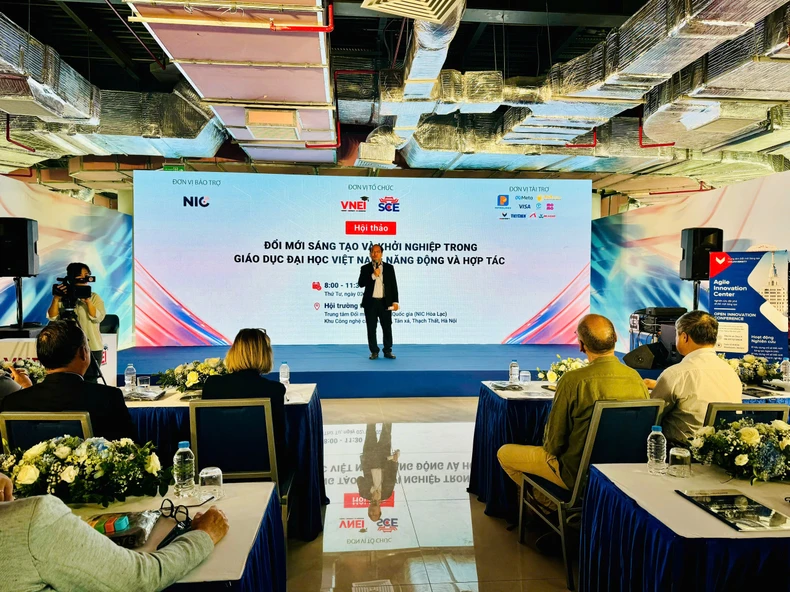 |
| Mr. Vu Quoc Huy, Director of the National Innovation Center (NIC) spoke at the workshop. |
Sharing some current Swiss innovation models at the Workshop, Mr. Hub Langstaff, Director of the SwissEP Program in Vietnam, a Swiss support program for building an
innovation and startup ecosystem deployed in 7 developing countries including Vietnam, emphasized the great potential of innovation in Vietnam today. At the same time, he also made some recommendations that need to be implemented to overcome so that the innovation ecosystem can truly be effective. Sharing this view, Dr. Sarah Mamiese, Director of AFD Campus, the French development agency, highly appreciated Vietnam's innovation activities in recent times, especially the establishment and development of NIC as a successful symbol of future-oriented innovation along with Vietnam's enthusiasm and passion for innovation. In her presentation, Dr. Sarah also shared about innovation and the current model related to innovation that we are pursuing, emphasizing that innovation is a decisive factor in the context that the whole world is looking for solutions for sustainable and effective development, economic development without increasing environmental impact. According to Dr. Sarah, currently, circular economic orientations can allow for the reconciliation of economic development with environmental protection and humanity... Therefore, conducting practical research activities in the direction of innovation to find truly effective solutions, avoid innovation traps and master innovation for a better future is extremely necessary. Also at the workshop, Dr. Nguyen Trung Dung, Chairman of VNEI, General Director of BK Holdings, Hanoi University of Science and Technology, proposed to take leaders of Vietnamese universities to visit and survey the innovation models of universities around the world to see the practicality and effectiveness of innovation in universities, closely linked to the goal of national socio-economic development. It can be seen that the presentations provided a comprehensive, overall picture of innovation in the university sector as well as an international perspective on Vietnam and innovation in Vietnam today. Notably, in the open forum session, under the guidance of Mr. Pham Tuan Hiep, Director of BK Fund, BK Holdings, 6 speakers included: Dr. Tran Nam Tu, Head of the Department of Science, Technology and Environment,
Ministry of Education and Training ; Associate Professor, Dr. Bui Quang Hung, Deputy Director of Ho Chi Minh City University of Economics; Associate Professor, Dr. Le Anh Phuong, Director of Hue University; Mr. Hoang Nam Tien, Vice President of FPT University; Associate Professor, Dr. Nguyen Phu Khanh, Vice President of Phenika University; Associate Professor, Dr. Truong Ngoc Kiem, Director of the Center for Knowledge Transfer and Startup Support, Hanoi National University, gave practical views and assessments with many diverse perspectives related to innovation in general, including innovation in universities in particular. That could be: determination to change to make a difference, creative thinking or improving innovation capacity for students, closely connecting with the community or the spirit of the fastest approach to startups, making Startups and Innovation an independent subject in the training program, as well as integrating into training content, creating innovative human resources from the educational environment to meet the comprehensive requirements of both knowledge and related skills, especially innovation associated with the impact of creating value for society. In addition, there is the connection of incubation and support, with input and output in a chain for effective practice, from school to business, commercializing products right from university with a network to create an innovation ecosystem closely linked to students, as shared by Mr. Hoang Nam Tien, Vice President of FPT University "avoid innovative ideas that are only for ideas, have "artistic" value, only serve competitions, instead, innovation must bring value to life, create value for the community".
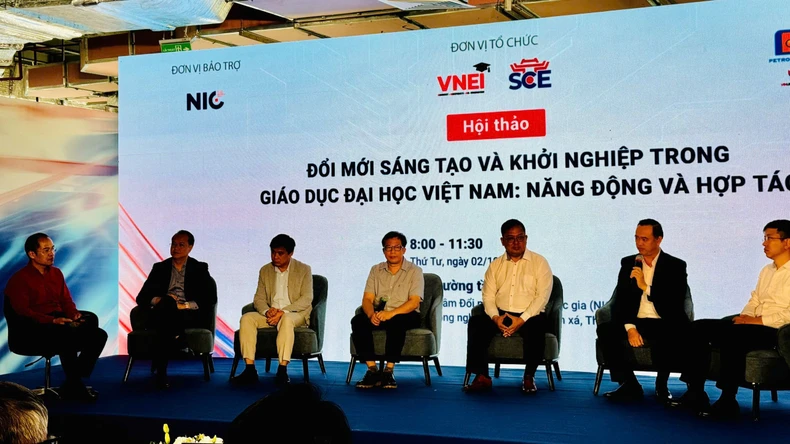 |
| View of the panel discussion at the conference. |
From the perspective of a manager, in terms of policy, Dr. Tran Nam Tu, Head of the Department of Science, Technology and Environment, Ministry of Education and Training, agreed with the opinions exchanged and shared at the Workshop and said that in the current university education system, it is necessary to conduct statistical research on how many institutions have the conditions to implement innovation in education and which institutions have the conditions but do not implement innovation because in reality, innovation depends not only on individuals but also on the collective leadership and the environment of the entire system. From there, we will have a comprehensive, multi-dimensional view of innovation in universities today, contributing to reasonable policy adjustments and supplements. “In the near future, the Ministry of Education and Training will also issue two projects on “Training human resources to serve high-tech development in the period of 2025-2035 and orientation to 2045” and “Developing high-quality human resources to meet the requirements of the 4.0 Industrial Revolution”. These two projects aim to prepare abundant high-tech human resources, especially a large team of experts in artificial intelligence and semiconductors, to become Vietnam's competitive advantage in attracting investment from large technology corporations in the world, contributing to the restructuring of the
economy and sustainable development of the country based on science, technology and innovation, digital transformation and green transformation. The 4.0 technology revolution will especially dramatically change the labor structure and labor market. Automation systems will gradually replace manual labor in the entire economy, the shift from labor to machines will increase the gap between profits and benefits. profit on capital and profit on labor, which will affect the income of simple workers and increase unemployment. The number of jobs requiring high-quality labor is increasing, creating an increasingly separate job market: high-skilled market, low-skilled market and leading to increased differentiation, or creating completely new job needs compared to before, so it is necessary to proactively prepare in training human resources, vocational education to meet market needs. Human resource development policy must both expand the scale, diversify the types and improve the quality of human resource training, and create good working conditions and environments to effectively use trained human resources, ensuring that those who have been trained maximize their capacity, at the same time, have the opportunity to regularly learn and improve their working capacity. Accordingly, human resource training at universities needs to focus on redesigning training programs, innovating teaching methods and learning, improving soft skills for students; creating links between schools and businesses; improving the quality of technology incubators; innovating the state management mechanism for vocational training according to market needs and specific requirements of employers... all to meet the requirements of deep and sustainable integration, highlighting the picture of Vietnam's innovation on the world map. Within the framework of the Workshop, the Organizing Committee announced 15 new members of VNEI, bringing the total number of network members to 71 (previously, from 2023, VNEI only had 31 members).
Nhandan.vn
Source: https://nhandan.vn/doi-moi-sang-tao-va-khoi-nghiep-trong-giao-duc-dai-hoc-viet-nam-post834401.html
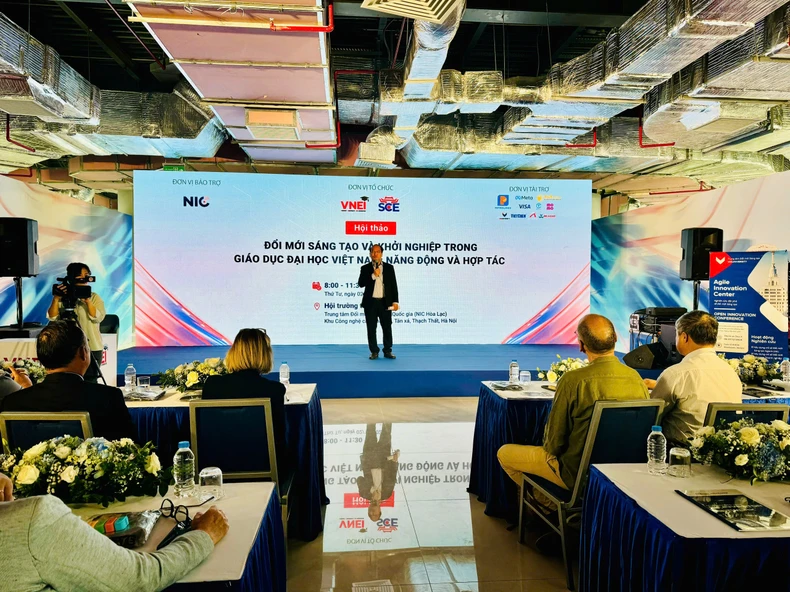
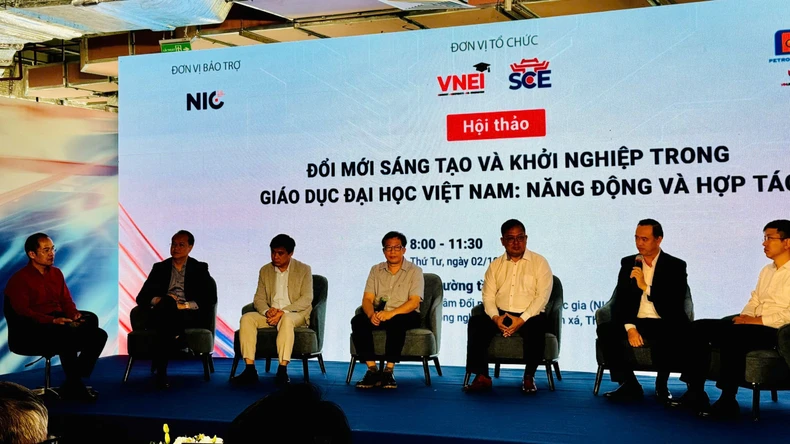



![[Photo] Prime Minister Pham Minh Chinh chairs the conference to review the 2024-2025 school year and deploy tasks for the 2025-2026 school year.](https://vstatic.vietnam.vn/vietnam/resource/IMAGE/2025/8/22/2ca5ed79ce6a46a1ac7706a42cefafae)
![[Photo] President Luong Cuong receives delegation of the Youth Committee of the Liberal Democratic Party of Japan](https://vstatic.vietnam.vn/vietnam/resource/IMAGE/2025/8/22/2632d7f5cf4f4a8e90ce5f5e1989194a)




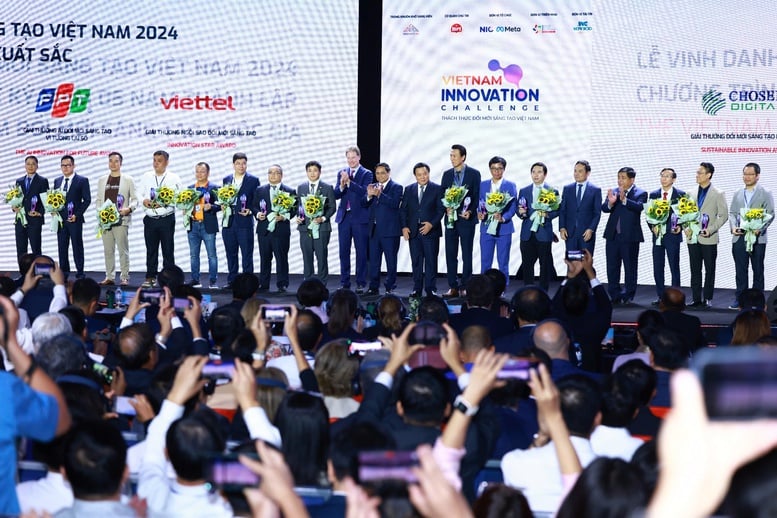

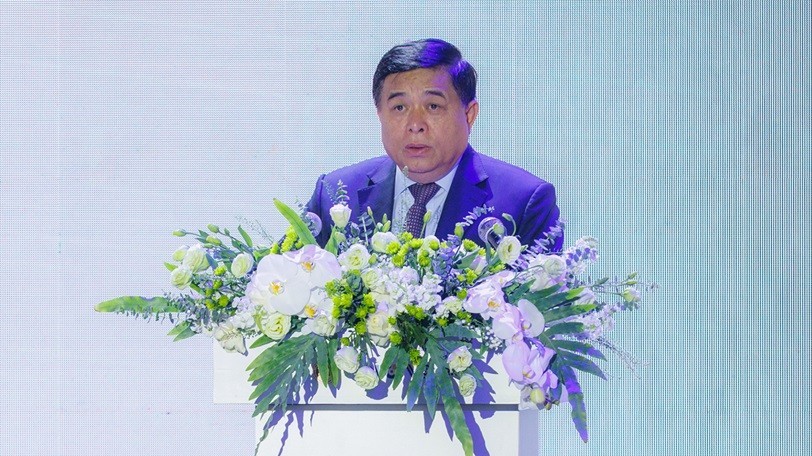



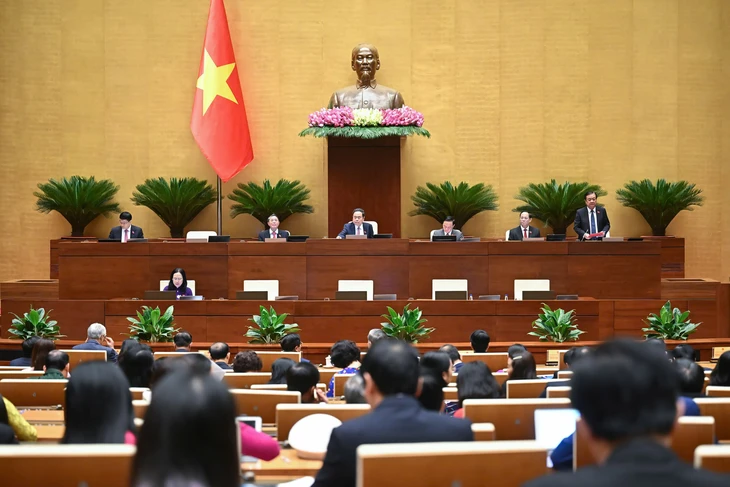

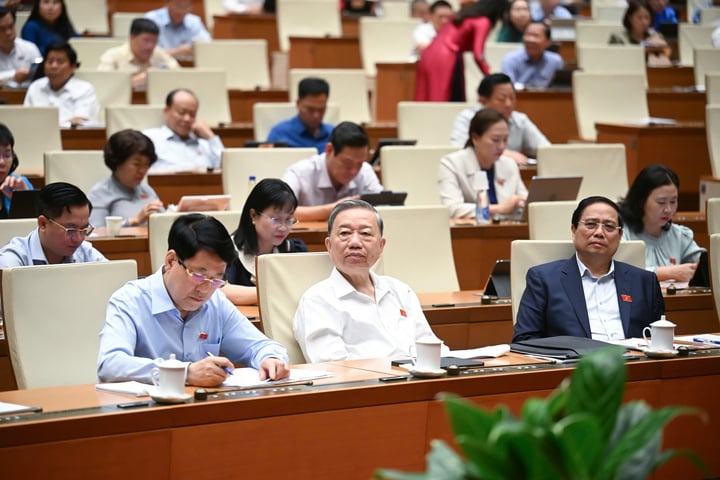

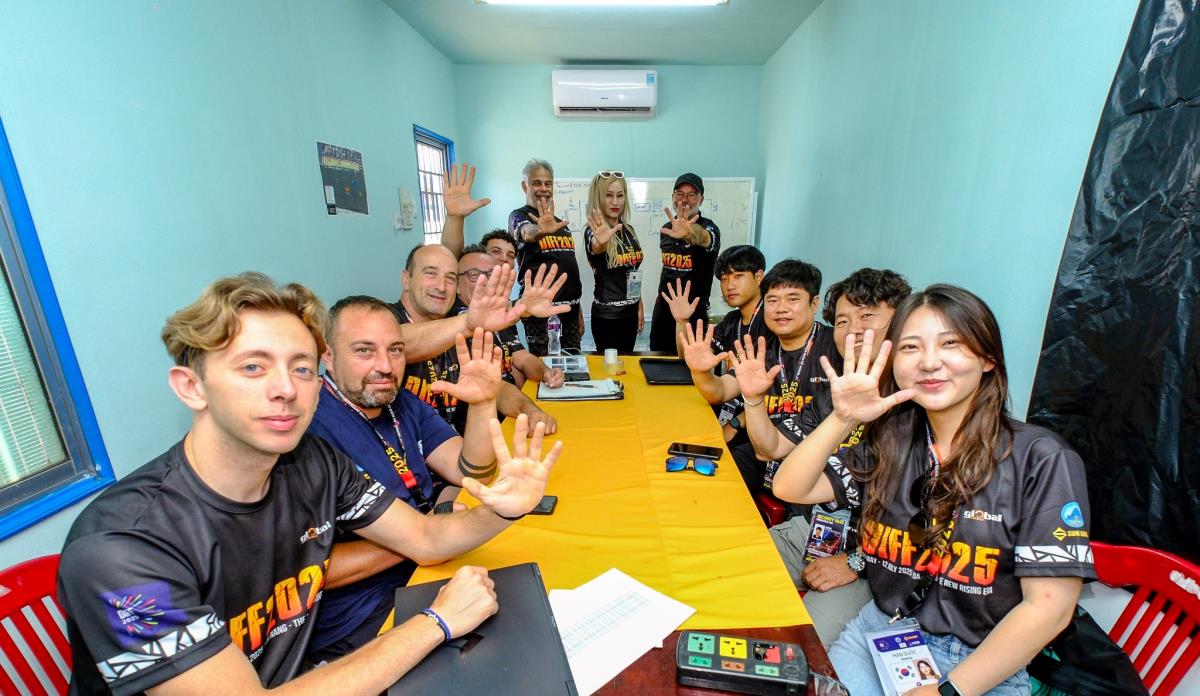

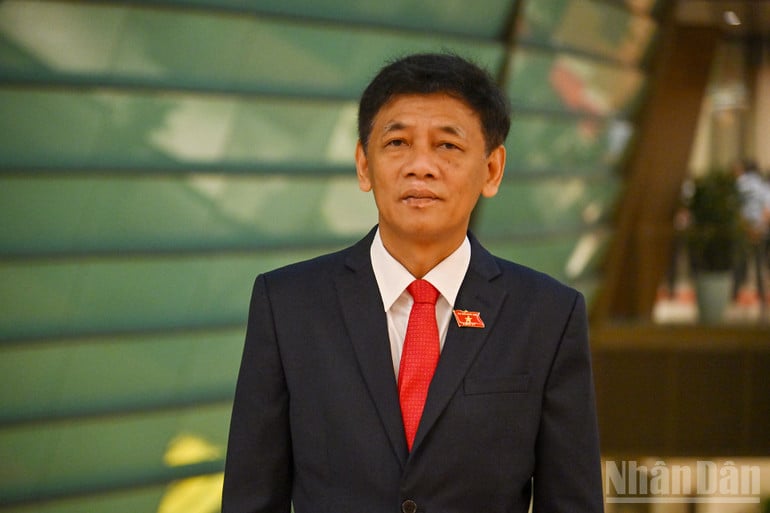
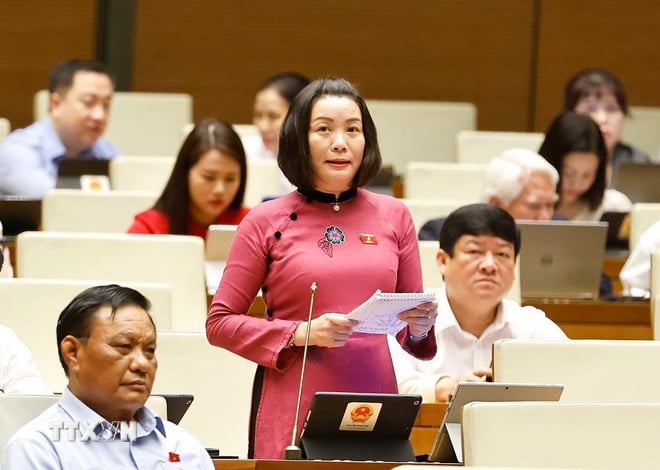



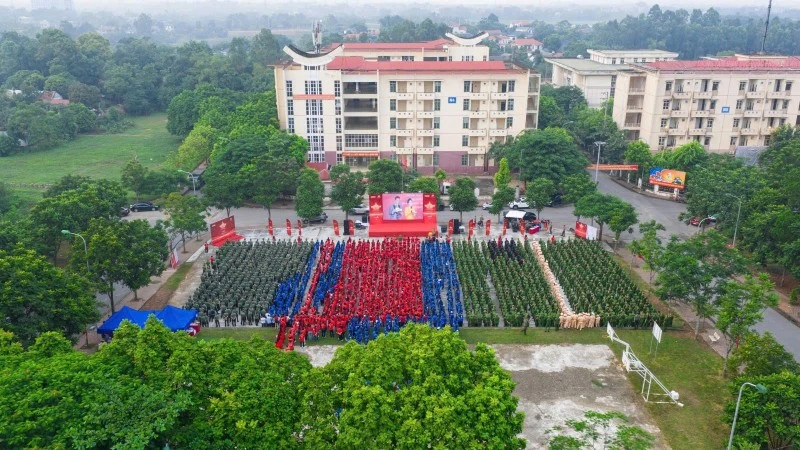
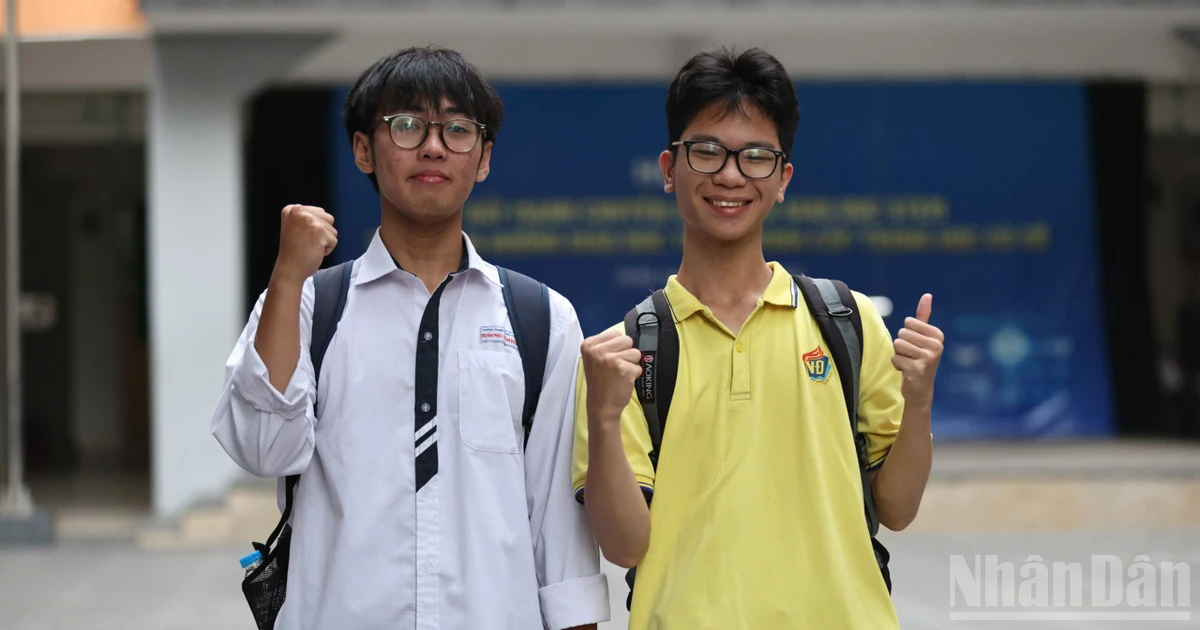












































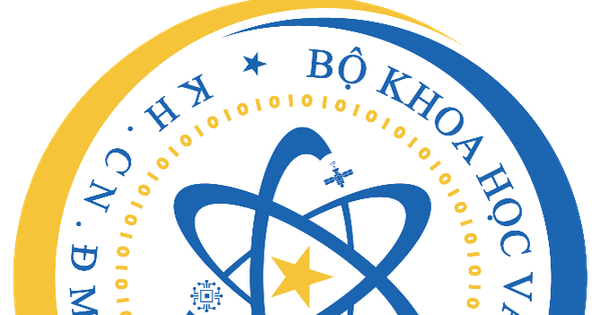


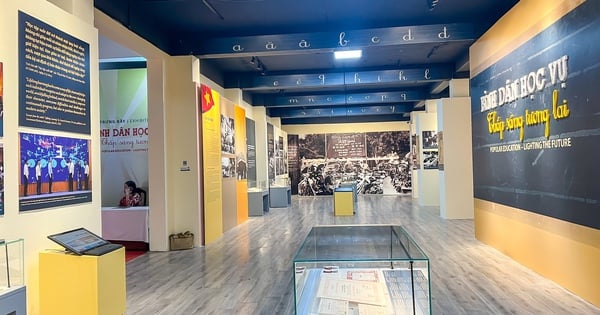


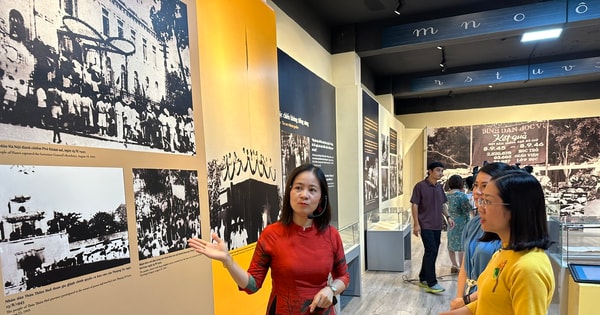

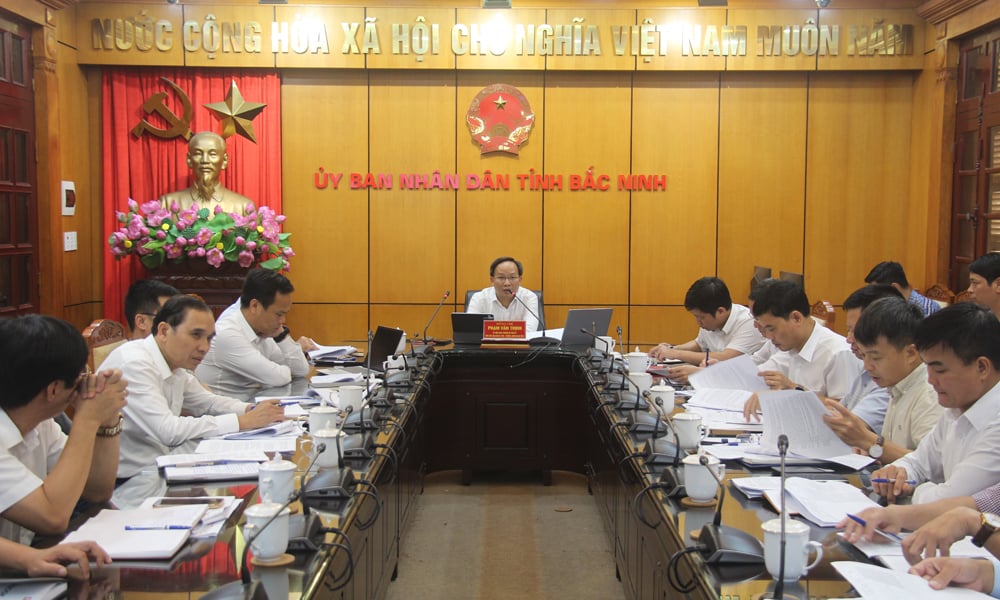

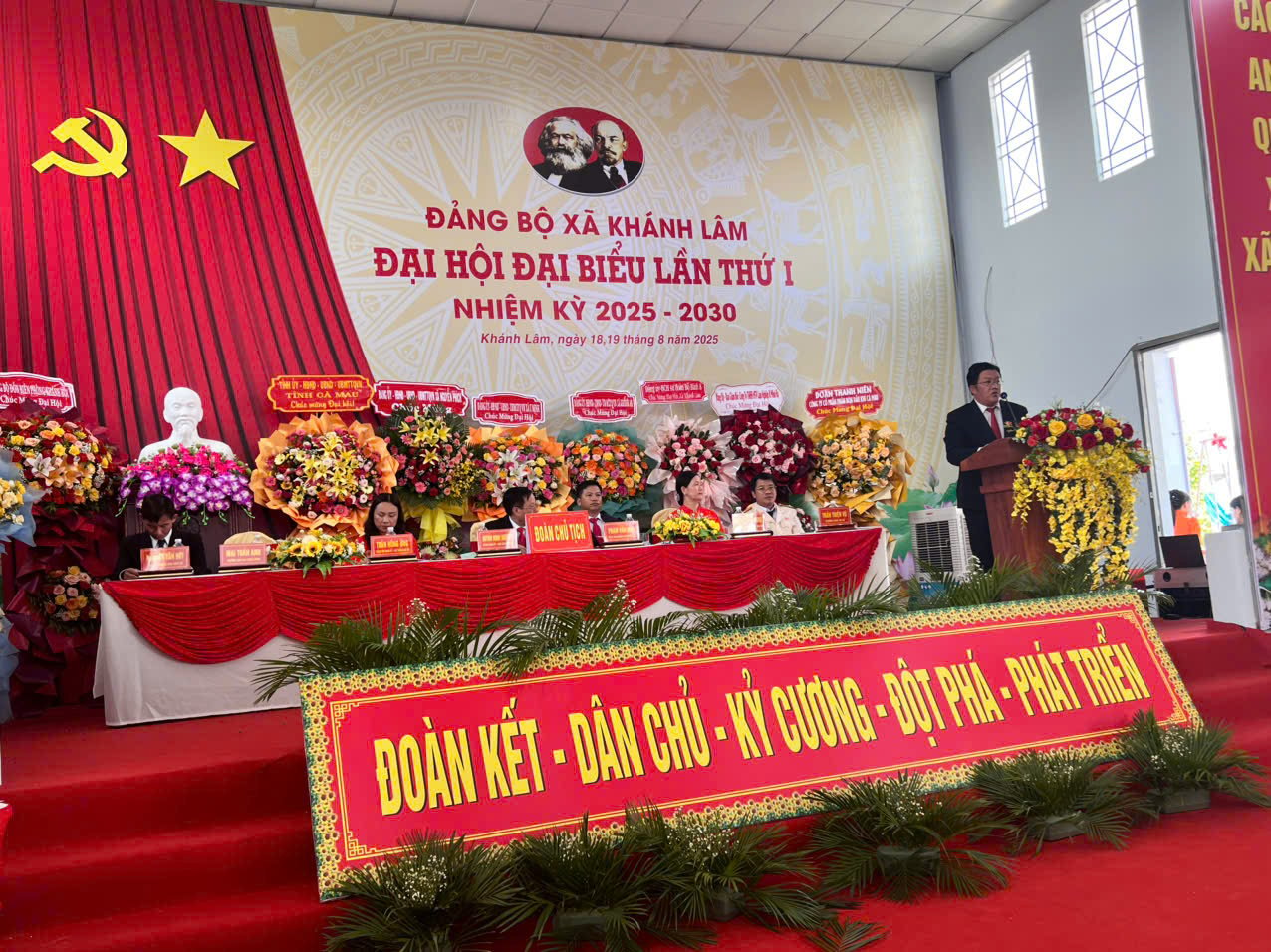


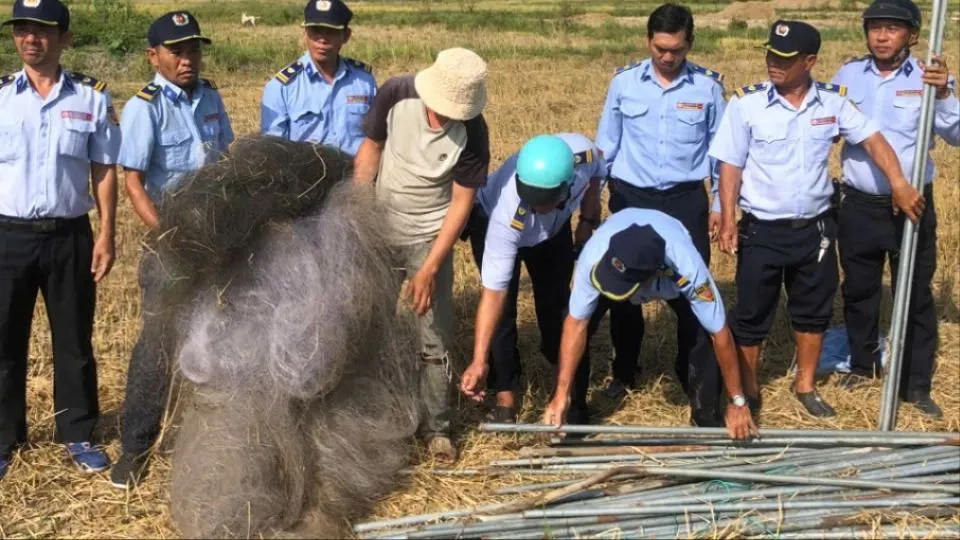












Comment (0)